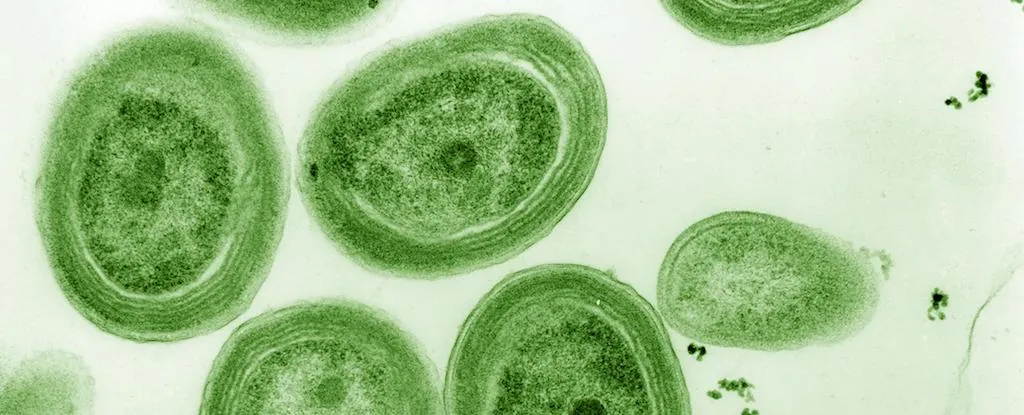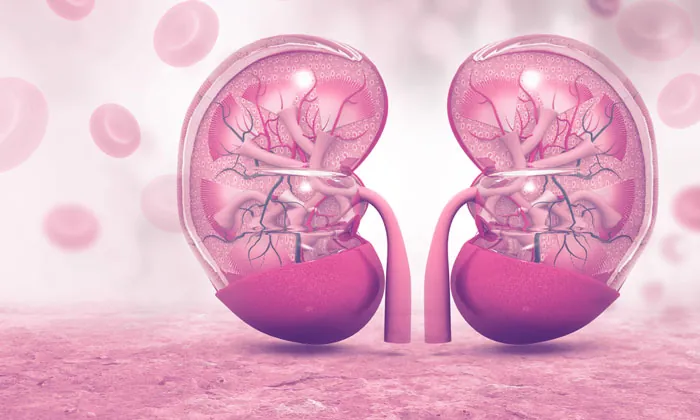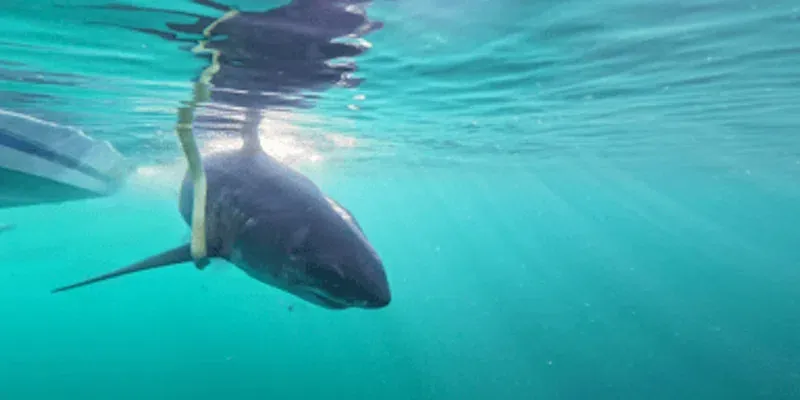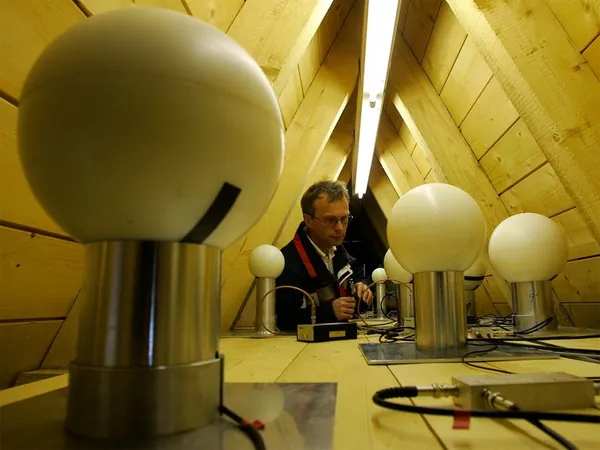
Is Prochlorococcus Facing Extinction? The Microbe That Provides A Third of Our Oxygen
2025-09-21
Author: Jacques
Imagine a world where the air we breathe is threatened by tiny organisms in the ocean. Prochlorococcus, the most prolific photosynthetic microbe on Earth, is not just any algae; it’s responsible for producing nearly a third of our planet's oxygen and serves as a crucial cornerstone of marine food chains.
Recent research is sounding alarms about the future of this vital organism as ocean temperatures soar. With climate change heating up our oceans at an alarming rate, can Prochlorococcus adapt fast enough?
What Makes Prochlorococcus So Unique?
Prochlorococcus thrives in more than 75% of sunlit ocean waters, especially in the tropics where it's adapted to warm, nutrient-sparse conditions. According to oceanographer François Ribalet, these waters are shimmering blue, largely because of the presence of Prochlorococcus.
While many expected these microbes to thrive in a warmer world, new findings suggest that temperatures beyond their ideal range of 19-28°C (66-82°F) could spell disaster.
The Alarming Findings
Experts expected Prochlorococcus to flourish under rising temperatures, yet studies indicate a worrying slowdown in their growth rates once the mercury hits above 30°C (86°F). Ribalet reveals, "Their burnout temperature is much lower than we thought it was," meaning that the hotter the ocean gets, the less productive these microbes become.
What’s at Stake?
If current trends continue, Prochlorococcus productivity could plummet by 17% under moderate warming scenarios and a staggering 51% under severe conditions. This decline raises questions about the health of ocean food webs that rely on these organisms.
As Prochlorococcus decline, Synechococcus, another cyanobacteria group, could fill the void. However, the impact on the intricate interactions within the marine ecosystem remains uncertain, as Ribalet warns, "If Synechococcus takes over, it's not guaranteed that other marine creatures will adapt to it as they have with Prochlorococcus for eons."
A Shift in Habitat
By the end of this century, we may see Prochlorococcus shifting poleward as their habitat changes. While they aren’t disappearing completely, their role may diminish drastically in warm tropical waters.
The study does come with caveats, highlighting potential gaps like the absence of certain heat-resistant strains that might offer a glimmer of hope for Prochlorococcus’ future. Scientists are keenly anticipating new research that may uncover strains capable of thriving in higher temperatures.
In summary, the fate of Prochlorococcus could be a telling indicator of our oceans’ health as we navigate the challenges of climate change.









 Brasil (PT)
Brasil (PT)
 Canada (EN)
Canada (EN)
 Chile (ES)
Chile (ES)
 Česko (CS)
Česko (CS)
 대한민국 (KO)
대한민국 (KO)
 España (ES)
España (ES)
 France (FR)
France (FR)
 Hong Kong (EN)
Hong Kong (EN)
 Italia (IT)
Italia (IT)
 日本 (JA)
日本 (JA)
 Magyarország (HU)
Magyarország (HU)
 Norge (NO)
Norge (NO)
 Polska (PL)
Polska (PL)
 Schweiz (DE)
Schweiz (DE)
 Singapore (EN)
Singapore (EN)
 Sverige (SV)
Sverige (SV)
 Suomi (FI)
Suomi (FI)
 Türkiye (TR)
Türkiye (TR)
 الإمارات العربية المتحدة (AR)
الإمارات العربية المتحدة (AR)